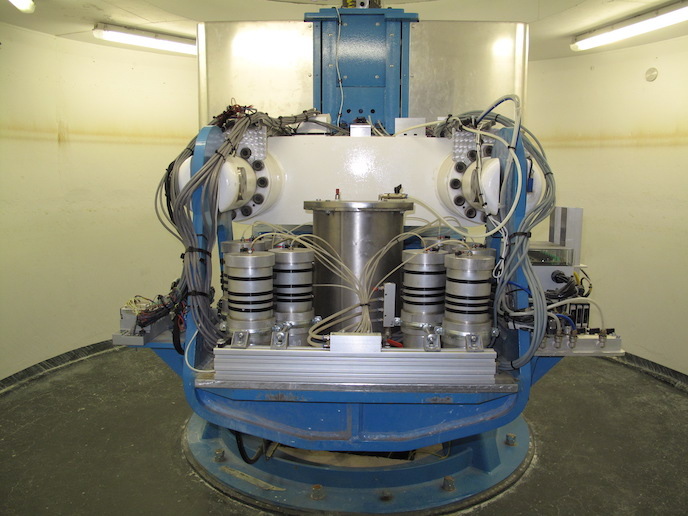New technologies for clean water
Access to clean and disease-free water is a priority concern across much of the globe. Part of the solution may consist of new water treatment technologies. The EU-funded WATECH (Advanced treatments for water sustainability in Europe and China) project initiated a European-Chinese exchange network. The purpose was to facilitate knowledge exchange between respective water-treatment researchers. The team studied the main problems of water pollution, and developed new technologies for treating drinking- and waste-water. One aspect of the developments concerned new catalyst-based technologies for disinfection of drinking water. Results indicated silver nanoparticles as a cheap and effective solution. A second option involved removal of certain salts via activated hydrogen peroxide, and via oxidative degradation. The team considered permanganate for micropollutant removal, and as treatment for the fouling of UV lamp sleeves. Other work examined the performance of oxidation processes, including ozonation. The team also studied the combination of UV-C radiation and hydrogen peroxide for removal of contaminants such as organophosphorous flame retardants. A further outcome involved visible-light catalysts for antibiotic oxidation. Researchers also considered UV-C radiation for removal of residual amounts of pharmaceutical drugs in effluent wastewater. Work produced a successful mini-fluidic VUV photoreaction system. The group achieved 62.5 successful secondments, resulting in two published papers and a further eight submitted on in preparation. The consortium organised a workshop on the fundamentals of advanced oxidation technologies, and their application to water reuse. WATECH achieved beneficial transfer of knowledge between European and Chinese researchers, related to water treatment technologies. The treatment outcomes also mean a higher standard of drinking water in polluted areas.







